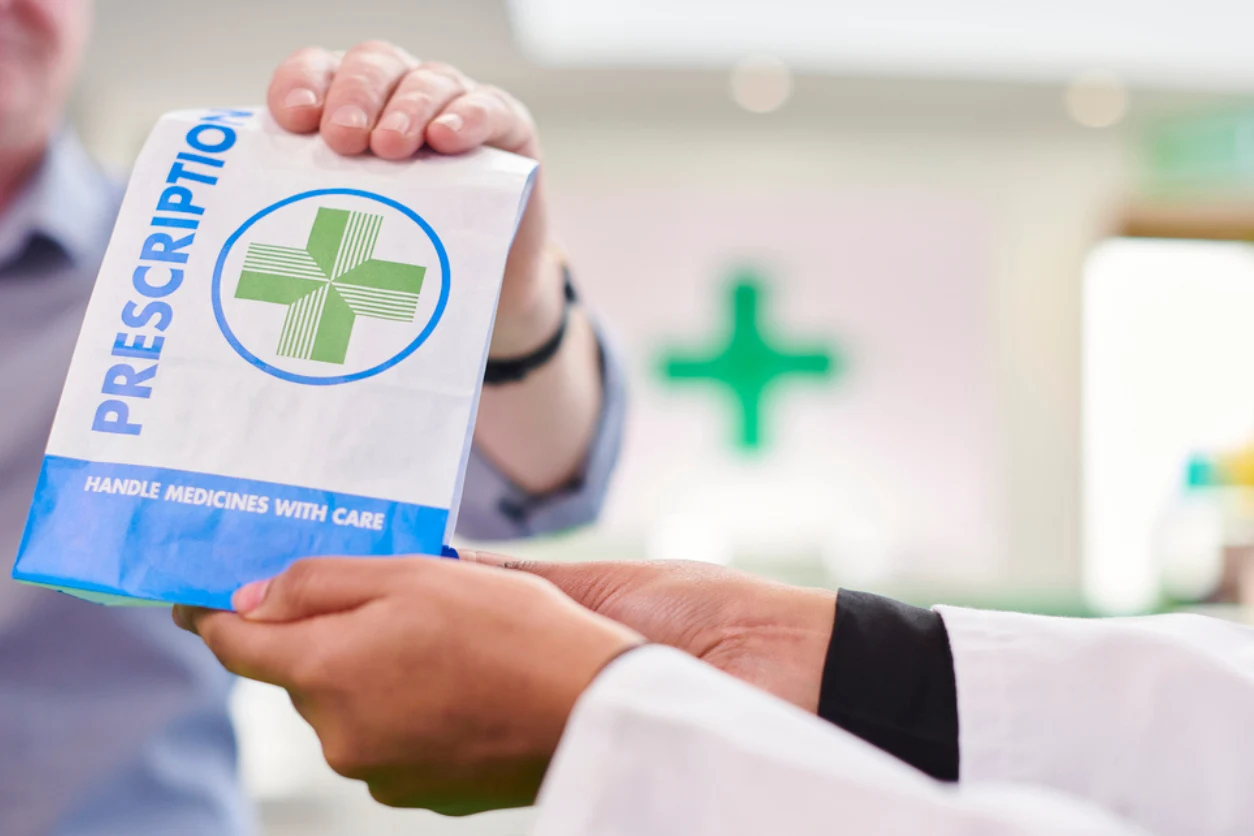
Prescription drug abuse is a growing concern here in the UK. And even though medications play a big role in managing health conditions, misusing them can still lead to devastating consequences.
In this article, we’ll be exploring effective strategies for preventing prescription drug abuse.
Understanding Prescription Drug Abuse
Before we jump into prevention strategies, it’s essential to get familiar with what exactly prescription drug abuse entails. In short, the definition of this is when an individual takes medications in ways not intended. This can look like:
- Taking larger doses than prescribed.
- Using someone else’s prescription.
- Taking medications for non-medical reasons (such as to achieve a high).
Some of the most commonly abused prescription drugs in the UK include:
- Opioid and morphine medications (e.g. codeine, morphine and fentanyl).
- Benzodiazepines (e.g. barbituates and sleep medications).
- Stimulants (e.g. ADHD medications, such as Ritalin).
Not all prescription medications hold the potential for an addiction to develop, but it’s a lot of them. Each of the medication types mentioned above has a risk and can lead to serious health issues when misused.
Preventing Prescription Drug Abuse
Whether it’s having a simple conversation with a loved one or really understanding the risks and taking action to prevent an unexpected dependency from happening, every small action matters when it comes to preventing prescription drug abuse.
See below for our prevention advice.
Stay Informed
Familiarise yourself with the medications you or your loved ones are taking.
Knowing about the potential risks and side effects can help you make better decisions, and it can also help you identify any potential problems early on.
Talk to Your Doctor
Following on from above, if you’re receiving a prescription, don’t be afraid to ask your doctor questions. Understanding the purpose of the medication, potential side effects, and how long you should take it are all questions that you should have answers to before you start your prescription.
If you feel uncertain about a prescribed drug, express your concerns. A good healthcare provider will appreciate your worries and (if possible) can provide lower-risk alternatives if necessary.
Also, if you’re in a situation where you’ve been taking prescribed medication and are starting to feel as though it could be hard for you to stop, tell your doctor. There are ways that they can help you with this, but they can’t if they’re unaware. This could be a make-or-break moment in terms of whether you fall into active addiction, so it’s incredibly important to speak up.
Talk to Your Family
Families should also talk openly about medications.
For example, parents (in particular) play an essential role in educating their children about the risks associated with alcohol or drug misuse, and this should include prescription drugs because it’s not as overt. Many class prescription medications as completely safe because they’re prescribed by a person in a position of trust – but this is not the case if they’re misused.
So, whether it’s your partner, your parents, children or a loved one, have open conversations on the dangers of misusing medications, even those that might seem harmless.
Lock It Away
Use a locked cabinet or safe to store prescription medications. This is especially important for those who have been prescribed medications that would be considered “high-risk” for abuse (e.g. opioids). This will help prevent easy access for children and reduce the likelihood of someone being able to access it.
Take Your Leftover Medication to Your Local Pharmacy
Many people don’t know what to do with leftover medications. However, proper disposal lowers the risk of these medications being abused, and they’re completely free services to use.
You’ll be able to safely dispose of unused or expired medications at your local NHS pharmacy. If you can’t get to a pharmacy for whatever reason, some medicines do come with specific disposal instructions. So always read and follow any guidelines provided to ensure you’re disposing of them safely.
Prevent Accidental Misuse by Using Prescription Medication Responsibly
If you’re prescribed a medication, always follow the prescribed dosage and avoid sharing your medications with others. Unintentional misuse is also more common than many people realise, and it can happen in many different ways.
People may accidentally abuse prescription drugs by:
- Taking the wrong dose: This can happen if someone misreads the label or forgets they’ve already taken their medication.
- Using incorrect measuring devices: Using the wrong measuring tool for liquid medications can lead to accidental misuse and even overdose.
- Mixing medications: Taking multiple medications with the same active ingredient can result in an unintended double dose.
- Misunderstanding medication strength: Different strengths of the same medication can lead to accidental overdose if not carefully checked.
How to Recognise the Signs of Prescription Drug Abuse
Awareness is key when it comes to preventing prescription drug abuse. Knowing the signs can help you intervene before a situation has the opportunity to escalate.
Watch for Behaviour Changes
If someone you care about has been prescribed prescription medication and suddenly begins to show changes in behaviour, no matter how subtle, it could be a sign of misuse.
This might look like:
- Acting secretive.
- Mood swings.
- Not being able to think clearly or follow conversations.
- Becoming disinterested in things they used to enjoy (e.g. family meet-ups).
- A lack of care for personal hygiene.
- Being paranoid, anxious or irritable in unwarranted situations.
The behaviour changes mentioned above are commonly seen in those misusing prescription drugs, but they are not to be taken as universal signs. It can look different depending on the individual, so our advice would be to keep an eye out for anything that you would personally consider out of character or alarming for the individual.
Look for Physical Symptoms
There can be physical symptoms that could indicate someone is abusing prescription medication, but it will likely look different depending on the drug being abused.
Some examples include:
- Drowsiness.
- Poor coordination or balance.
- Sweating or showing signs of having trouble controlling their body temperature.
- Changes in appetite.
- Changes in weight, which can be weight gain or loss.
- Their skin complexion could change, making them appear pale or even jaundiced.
- Appearing nauseous or vomiting.
- Being out of breath.
Preventing Prescription Drug Abuse: The Key Takeaways
Preventing prescription drug abuse does require a level of awareness and commitment, and the signs should never be ignored.
Open communication, ensuring proper storage and disposal of medications, and educating ourselves and others are all preventative measures that should be taken to minimise the risks and prevent prescription drug abuse.
Worried About Prescription Drug Addiction? Get Help Today
We hope you’ve found our article on how to prevent prescription drug abuse helpful. If you’re worried about yourself or a loved one, please get in touch with our team today.
At Action Rehab, we’re dedicated to providing confidential and free support to anyone who needs help. Whether it’s advice on your situation or accessing addiction care in your area, reach out, and we’ll do our best to help you through it.
Call us on 0151 268 6992 for more information.
Posted on Friday, November 1st, 2024 at 10:30 am in Addiction.






 Call Us
Call Us Contact Us
Contact Us